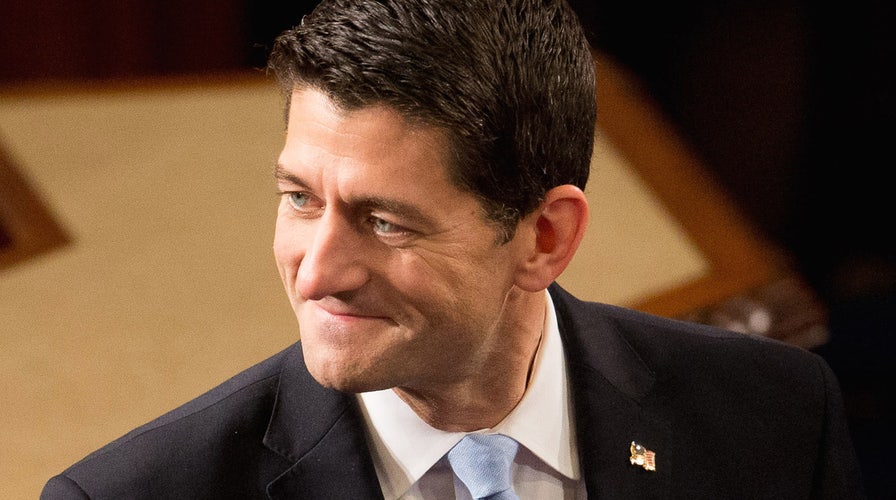A new beginning is upon us with the election of Paul Ryan as Speaker of the House of Representatives.
As almost always happens in Washington, when someone takes a new post of importance, especially after duress, there is a honeymoon period where hope and happy thoughts dominate the discussion.
Republicans and Democrats alike have given loud applause to Speaker Ryan’s early statements. Off to a good start is surely better than the alternative.
The question is whether there is any prospect of the new atmosphere having some genuine durability. For once, this observer thinks optimism is also realistic.
Given the poisonous climate of our political conversation, it is fair to demand an explanation of that position. Well, here it goes.
After running for Vice President in 2012, Paul Ryan took a step back. He revisited his assumptions about virtually everything under the sun. Ryan became as much an observer as a participant in the arena. Think of being the kid in the secret tree house, able to look down on the other children, watching and listening to all there was to see and hear. From that view, he had the chance to reflect carefully on the policies that he champions.
In April of 2014, Ryan advanced “The Path to Prosperity: A Responsible Balanced Budget.” This budget would cut spending by $5.1 trillion over the next ten years. Not all pain and suffering, the budget constituted a blueprint to also grow the economy to achieve a balanced budget. Yes, this budget is conservative in nature. No, it is not rigid dogma or unfairly austere.
The Ryan budget centers itself on five pillars—protecting the nation, expanding opportunity, strengthening the safety net, securing seniors’ retirement, and restoring fairness. As was the case then, there is little doubt the particulars in that budget will be met with opposition from Democrats. That is to be expected, and it is fine.
Another, probably minor in the eyes of others, piece of legislation gives some clarity to how it is that Paul Ryan thinks. That legislation would be the Evidence-Based Policymaking Commission Act of 2015.
Yes, government is already too big. That does not mean there is no need for government or that it cannot be put to useful purposes.
The Ryan legislation creates a structure and process to “make recommendations on how best to incorporate outcomes measurement, institutionalize randomized controlled trials, and rigorous impact analysis into program design.”
In simple English, what this means is that Paul Ryan wants government to use actual facts and data when it comes to formulating policy rather than just making it up along the way. This careful and deliberative approach will serve him well in the coming days.
Paul Ryan is a conservative in every respect of the term. His philosophy, his demeanor, and his words all convey a deep and abiding respect for the foundations that have made America great.
He has specifically stated to the House that it is his intention to return to “regular order.” This allows for one and all to participate in the lawmaking that is required to move the country forward. He will respect those who disagree with him without compromising his own views or seeing a need to allow perfection to be the enemy of the good.
Paul Ryan knows who he is, what he believes, and where the House of Representatives fits into the fabric of the nation and its government. In his first speech as Speaker he commented “the House represented the best of America: the boundless opportunity to do good.” He added: “I am not interested in laying blame. We are not settling scores. We are wiping the slate clean.”
Speaker Ryan will encounter more than a few obstacles in the quest to help advance the nation in a forward direction. Because he understands and advocates the policies that can contribute in a positive fashion to this progress, and because he understands how to go about the business of legislating, we ought to have every hope for a successful Speakership.

